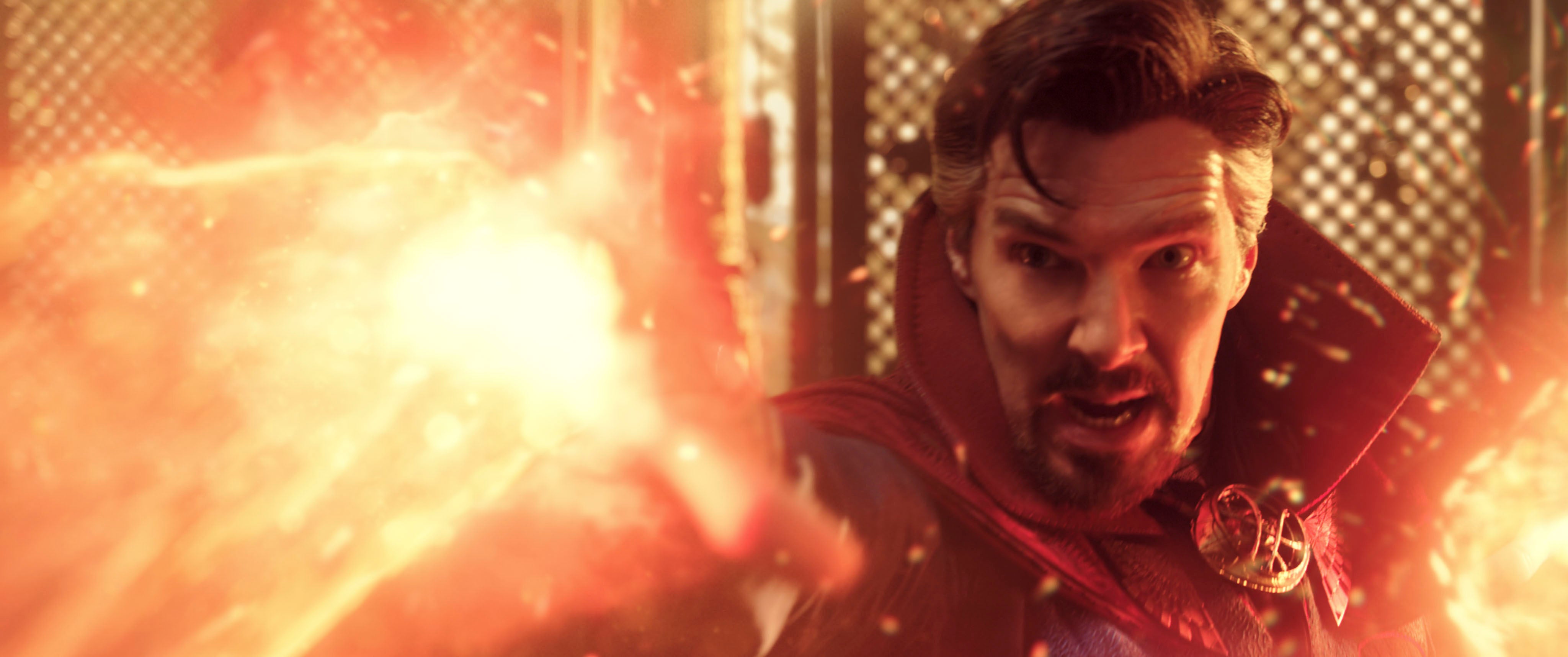Marvel is the most important cinematic innovation of the 21st century – yes, really
Marvel gets a lot of well-deserved flack, but its formula hasn’t been successfully replicated in almost 15 years


Dunking on Disney movies is the safest bet in the world. Disney is a big soulless monster of a company that gradually chips away at our collective cultural consciousness with their cookie cutter blockbusters and endless remake-sequel-reboots.
Disney movies that fall under the Marvel banner are the worst offenders, with their excessive CGI, their inability to commit to a dramatic tone without undercutting it with a silly one-liner, and their surplus of white men named Chris. Why can’t movies be simple again? Why does every Marvel movie have to come with 70 hours of required viewing? I hate fun.
OK, now that I’ve gotten my impression of Twitter out of the way I have a confession to make: I genuinely believe that the Marvel Cinematic Universe (MCU) is the most important cinematic innovation of the 21st century, and no, I’m not kidding.
Marvel gets a lot of well-deserved flack, much of it for the reasons I’ve outlined above. The films are a bit noisy, a bit crass, a bit worryingly supportive of the American military industrial complex. They’re also a bit formulaic. But it’s a formula that hasn’t been successfully replicated in almost 15 years. Isn’t that weird? The fact that nobody has managed to come along in all that time and say, “find me a Chris and write me a low-stakes joke, job done”?
Sure, that’s partly an issue of intellectual property ownership and budget, but even in those cases where the money and IP are comparable, nobody has managed to crack the code. DC couldn’t do it. Harry Potter couldn’t do it. Even the Universal Monsters Dark Universe couldn’t do it (look it up).
The fact is that the Marvel Cinematic Universe is significantly more complex than people give it credit for. It’s a self-sustaining ecosystem of films and TV shows that interweave and build on each other, creating individual units that are all entertaining in their own right, while also contributing to a larger and more intricate meta-narrative that keeps audiences compulsively returning to cinemas to see the next “phase” of the story.
Doctor Strange in the Multiverse of Madness highlights most of the strengths (and some of the weaknesses) of this approach to filmmaking. It’s a movie that couldn’t exist without the preceding 15 years of worldbuilding and storytelling and to back it up. Characters enter and leave the film with no particular ceremony or even introduction; we’re expected to know who these people are and what they’re all about.
The movie essentially begins in the middle of act two, with Strange attending the wedding of a relatively minor character from a movie that came out six years ago, before moving on to meet up with another from a TV series he didn’t even appear in.
Those sound like weaknesses, and in any other film they absolutely would be. But that’s the entire point of the MCU. Marvel has created an environment wherein characters walk in and out of each other’s spheres of influence, visiting each other like concerned neighbours rather than characters with shared ambitions and goals. Their stories briefly interlink, and then they’re off again, ready to help Daredevil take down Stilt-Man (the supervillain who wears stilts – look it up). It’s all very comic book.
And that’s really the key to it. Back when I was in a kid in the bad old days of the late 1990s, if you wanted to see Doctor Strange team up with Scarlet Witch, there were two choices: you could watch a low-budget cartoon with a synth-keyboard soundtrack and the worst voice acting you’ve ever heard in your life, or you could pick up a comic.
If you’d told me then that a live action movie franchise would be able to mimic not only the stories, but the structure of comic books, I’d have thought you were insane. But that’s the MCU’s bread and butter.
Doctor Strange, like all Marvel films, is a comic book movie in the truest sense of the word. That is to say, it is structured like a comic book. Specifically, a six-issue limited miniseries where two heroes have a misunderstanding and try to kill each other over it. It’s a tale as old as time. Unlike other, more traditional superhero films that shy away from the more overtly comic book elements of their films (I’m looking at you, black spandex Wolverine from the X-Men movies), Marvel embraces those tropes and uses them to its advantage.
To keep up to speed with all the latest opinions and comment, sign up to our free weekly Voices Dispatches newsletter by clicking here
One of the better things about this film in particular is that despite that adherence to formula, Doctor Strange hints at a future where directors are encouraged to bring a little more to the table. This is a Marvel movie first and foremost, yes, but it’s also very much a Sam Raimi film.
There are so many jarring camera choices, cheesy cross-fades and genuinely scary moments that at times the film is more Army of Darkness than Infinity War. That’s a very good thing, because the one factor that has the potential to halt the unstoppable Marvel juggernaut (not that one) is a lack of audience interest. By allowing their directors to bring a little something more of themselves to the table, Marvel will hopefully be able to keep its product fresh for the next 15 years of movies.
I’m not going to argue that Marvel movies are high art, but they absolutely are culturally and artistically significant. With the MCU, Marvel Studios president Kevin Feige has figured out a way to monetise both commitment to a specific creative vision, and fidelity to 90 years of source material. The MCU might have its problems, but it also has significantly more cultural capital than the average blockbuster.
I guess the only question left is: will it last for another decade and a half? Find out in the next issue, true believers.
Join our commenting forum
Join thought-provoking conversations, follow other Independent readers and see their replies
Comments
Bookmark popover
Removed from bookmarks